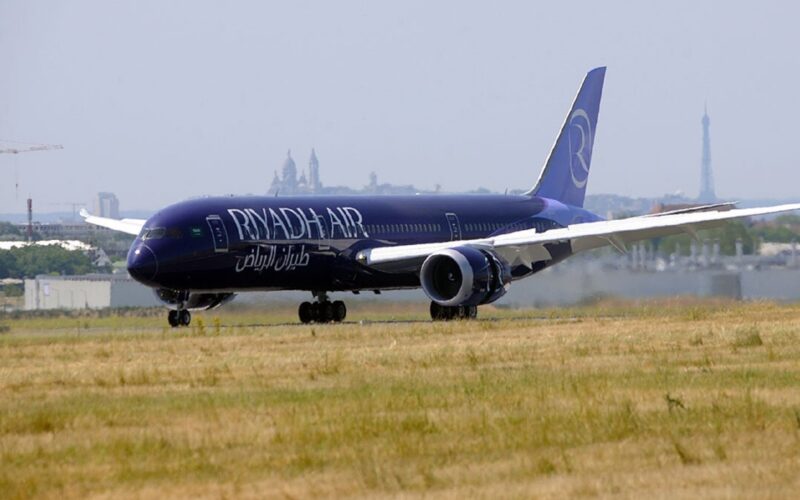Riyadh Air Partners with GE Aerospace for Boeing 787-9 Dreamliner Fleet Power

Riyadh Air and GE Aerospace Reach Major Agreement at 2023 Paris Air Show
In a significant development at the 2023 Paris Air Show, Riyadh Air, the Saudi Arabian carrier, has entered into a strategic partnership with GE Aerospace to power its fleet of Boeing 787-9 Dreamliner aircraft. Under the agreement signed on Wednesday, 21st of July 2023, Riyadh Air is set to receive 90 GEnx-1B engines, catering to the 39 Dreamliners it currently has on order, along with a reserve of spare engines.
The airline’s CEO, Tony Douglas, expressed enthusiasm about the deal, stating, “The agreement highlights our determination to significantly extend Saudi Arabia’s connectivity with the world and fulfill our goal of connecting to 100 destinations by 2030. We look forward to fostering strong strategic relationships within the wider aviation ecosystem as we continue to shape our new digitally native airline to become one of the most sustainable and guest-centric carriers in the world.”
As part of this milestone collaboration, Riyadh Air also unveiled its new livery during a spectacular flyby over Riyadh’s iconic city skyline last week.
The first batch of Riyadh Air’s Dreamliners, powered by GE Aerospace’s GEnx engines, is expected to arrive in early 2025. Additionally, the agreement grants Riyadh Air an option to acquire a further 33 Boeing 787-9s.
Russell Stokes, President & CEO of Commercial Engines and Services for GE Aerospace, expressed his pride in the partnership, stating, “We are proud to partner with Riyadh Air to support its new fleet and fulfill its vision for long international routes. GE Aerospace’s GEnx engine is a perfect fit for the 787 fleet with its combination of power and the ability to reduce fuel consumption and CO2 emissions.”
The GEnx engine family boasts an impressive track record, powering two out of every three 787 aircraft currently in service, with nearly 50 million flight hours accumulated since its introduction in 2011.
